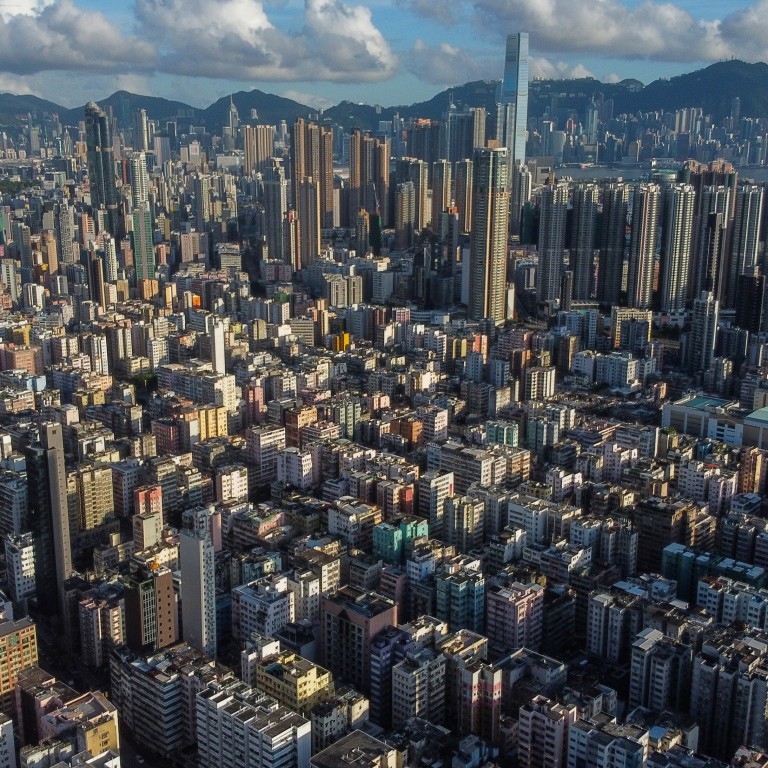
Citibank survey shows Hongkongers less optimistic about home price rises, points to downward adjustment
- Citi Residential Property Ownership Survey finds fewer people expecting property prices to rise than in the second quarter
- Drop in property prices a ‘very minor adjustment’, Knight Frank executive says, expects prices to rise by 5 per cent next year
The number of people who expected property prices to rise further had fallen to 38 per cent in the third quarter from 54 per cent in the previous three-month period, according to the Citi Residential Property Ownership Survey released on Thursday. The figure was, however, still higher than previous year’s result of 23 per cent in the same period.
The ownership survey has been running since 2010 based a random sample of more than 500 Hong Kong respondents collected by the University of Hong Kong Social Sciences Research Centre in September.
The drop in the third quarter was due to prospective homeowners entering the market earlier in the first half of 2021, Lee said. Buyers were being optimistic about an economic recovery in Hong Kong, as well as a relative easing in the city’s Covid-19 outbreak, she added.
“This leads to the housing market being more quiet for the next 12 months. So in this quarter, it is reasonable for less respondents to expect the property price to rise ,” she said.
Hong Kong property mania inflates prices, putting affordability beyond reach for most first-time buyers
The Hong Kong property market remained supported by positive structural factors, including a shortage of housing supply and long-term economic growth upon the reopening of the border with mainland China, Lee added.
“Looking at the overall drop [ in property prices], this a very minor adjustment,” Martin Wong, head of research and consultancy in Greater China at property consultancy Knight Frank, said on the other hand. Housing prices had, in fact, peaked during July according to government data, he added, and August and September had seen a combined fall of about 0.5 per cent.
Previous peaks in Hong Kong’s housing prices in 2018 and 2019 were followed by adjustment periods of six to nine months, where they coincided with different events, he added.
Prices of mid-sized Hong Kong flats driven by first-time buyers taking advantage of relaxed mortgage rules
“In 2018, there was the trade war between the United States and China. In 2019, there was the social unrest [in Hong Kong],” Wong said. “In this year’s adjustment period, we don’t see the emergence of any similar unfavourable conditions, so the adjustment period will be relatively shorter.”
If the reopening of the border with China proceeds as planned, and no other unfavourable conditions appear, housing prices will rise by 5 per cent next year, Wong said.
Elsewhere, the city’s overall property transactions, including those of residential, commercial and industrial properties, as well as parking spaces, fell to a nine-month low of 6,250 in October, according to the latest Land Registry data. Transactions were down 15.5 per cent month on month compared with the 7,400 deals recorded in September. A total of 6,212 deals were concluded in January this year.

